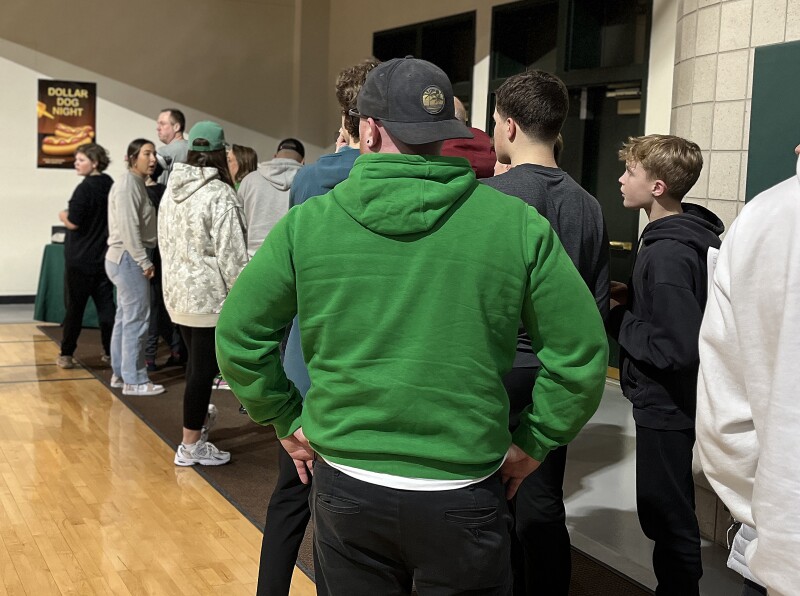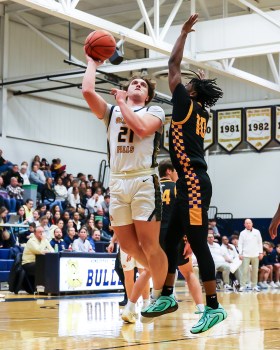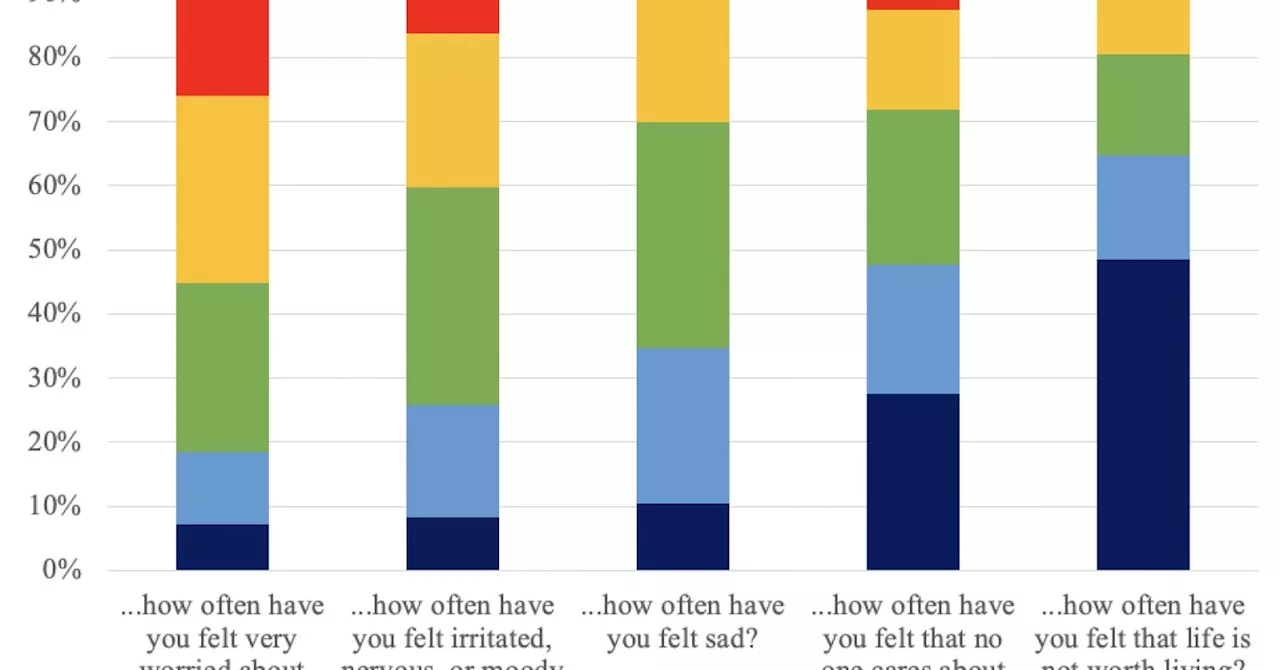
Austrian writer-director Angela Summereder has brought a fresh perspective to adapting Herman Melville’s classic short story, “Bartleby, the Scrivener: A Story of Wall Street,” in her new film, B for Bartleby. The film, which premiered at the Doclisboa festival over the weekend, will screen at the Viennale this week. It serves as both an exploration of the challenges of cinematic adaptation and a personal reflection on the late Benedikt Zulauf, Summereder’s partner and collaborator.
The film’s synopsis describes it as a meditation on “the impossibility of translating written language into images and sounds.” Through various creative interpretations—including Melville-themed tours and performances—Summereder aims to embody Zulauf’s vision of bringing “Bartleby” to life. Zulauf, who had a background in acting and librarianship, had long expressed a desire to adapt the story.
In an interview with *The Hollywood Reporter*, Summereder shared her thought process in developing this unique cinematic approach. “It was clear to me that I didn’t want to make a classic film adaptation of a literary work,” she stated. “The story is really complex, so the bar is set pretty high.” She recalled how Zulauf had asked her multiple times to collaborate on a Bartleby film, first when they met and again years later during a difficult time in his life as he battled cancer.
After Zulauf passed away, Summereder took a two-year hiatus from the project. It was only upon rediscovering recorded conversations about their ideas for the film that she found the inspiration to proceed. “Listening to them was really interesting,” she noted. “You could tell how complicated the discussions were, but there was also a sense of urgency that really touched me.”
Summereder creatively intertwines her personal narrative with the themes of Melville’s work, drawing parallels to Bartleby’s famous refrain, “I would prefer not to.” The film presents a gendered reinterpretation of Melville’s narrative. “In the original story, there is no woman,” she pointed out. “But Melville lived in a very feminine world, surrounded by women who supported his writing.”
In B for Bartleby, female characters play a vital role. A trio of women in the film act as mediators, contrasting with the solitary male writers. “It was important to me that the women act as a collective and the men as individuals,” Summereder explained. Additionally, children are included in the narrative, engaging with the text and adding another layer to the exploration of Bartleby’s story.
“I went to a youth center and asked if they were interested in a collaboration,” Summereder said, highlighting the importance of engaging different social groups in her filmmaking process. This led to interactions with young rappers who contributed to a unique interpretation of the story through music. “Luckily, our camerawoman, Antonia de la Luz Kašik, captured this wonderful moment,” she remarked.
Overall, B for Bartleby transcends traditional film boundaries, offering a blend of cinematic experiences and performance art. “I didn’t want to present a claimed reality but rather create an emotional journey that invites the audience in,” Summereder stated. Her upcoming projects will continue this innovative approach, with a focus on themes of motherhood and climate, drawing inspiration from the literary text known as the Percival epos.
As B for Bartleby makes its rounds in film festivals, it not only pays homage to Melville’s work but also stands as a testament to the complexities of adaptation and the personal stories behind the art of filmmaking.






